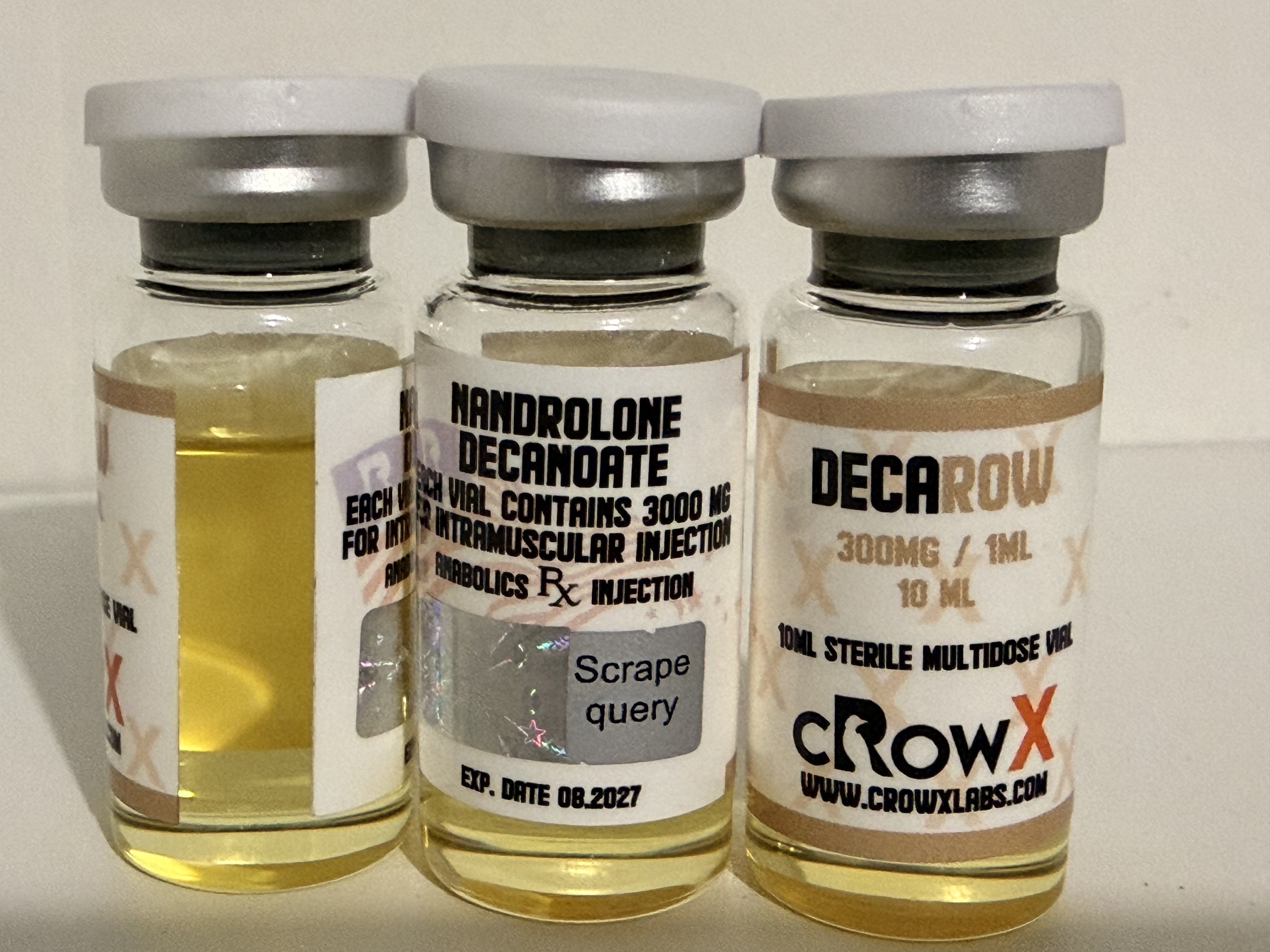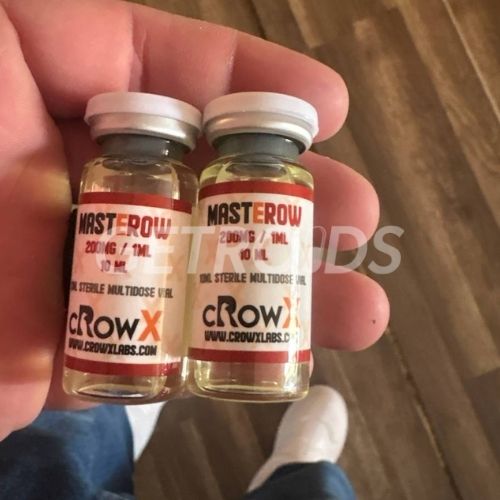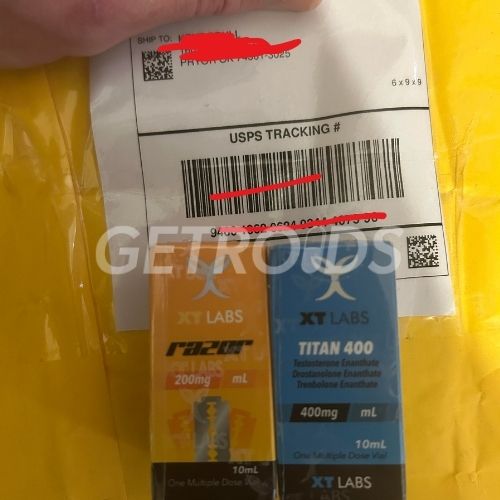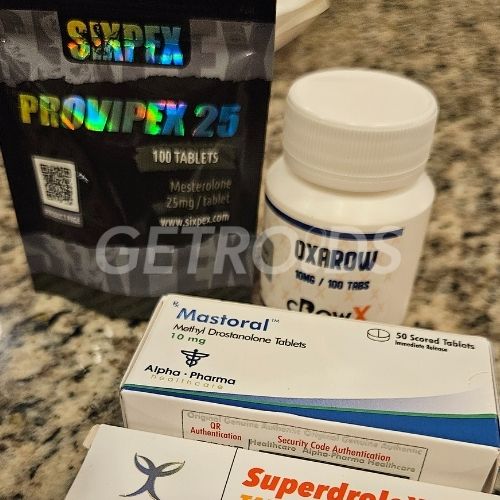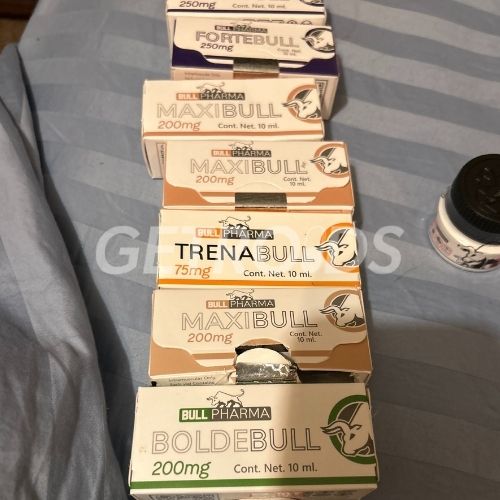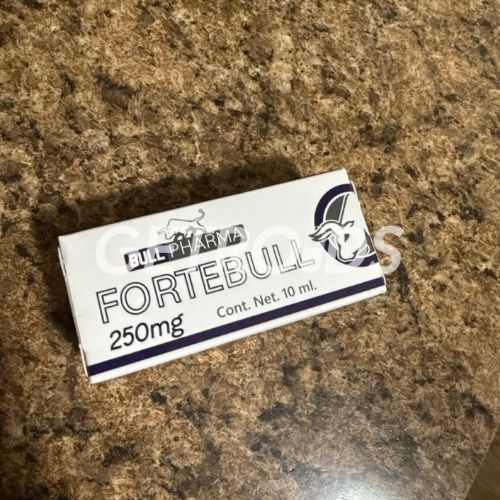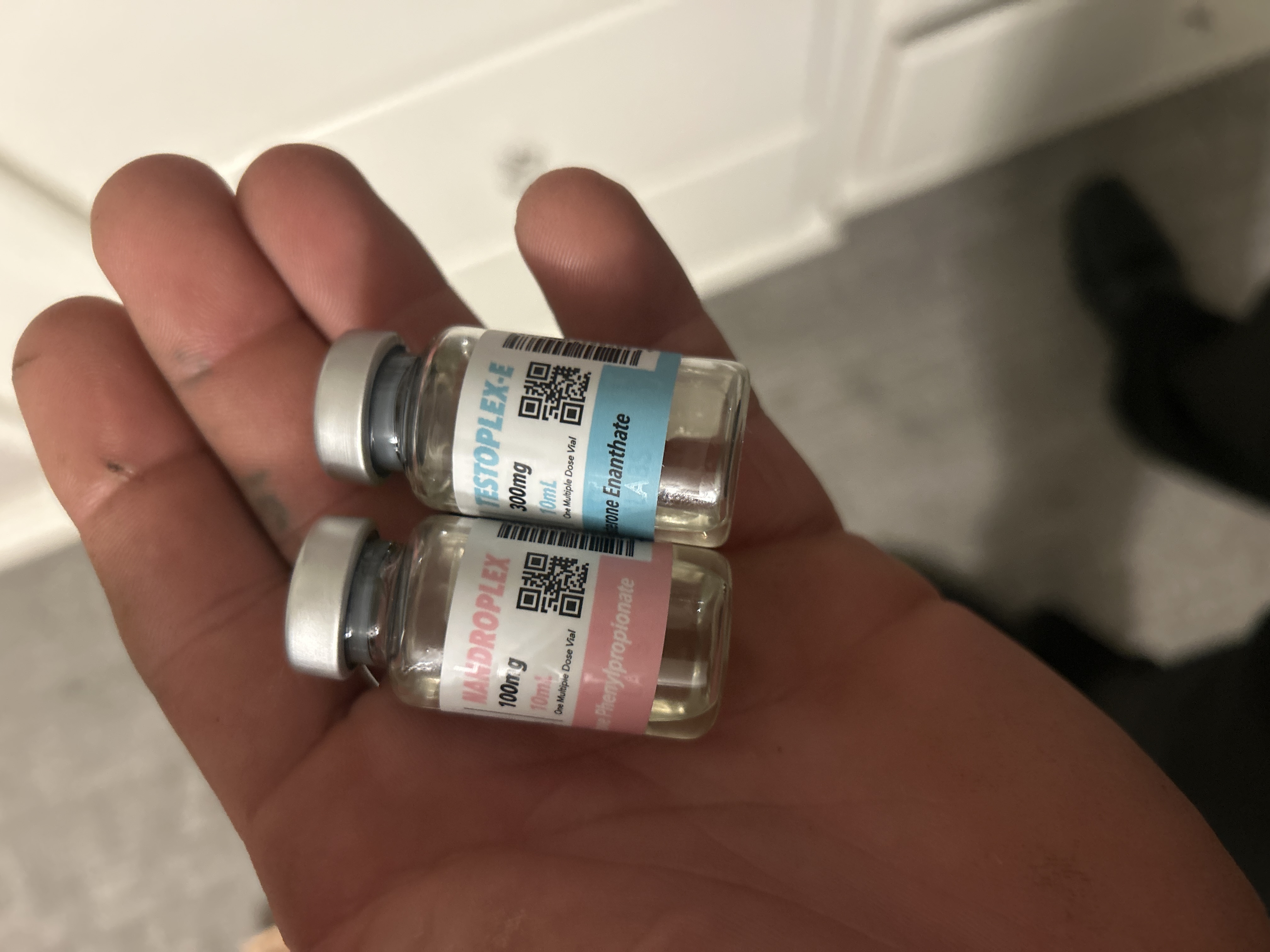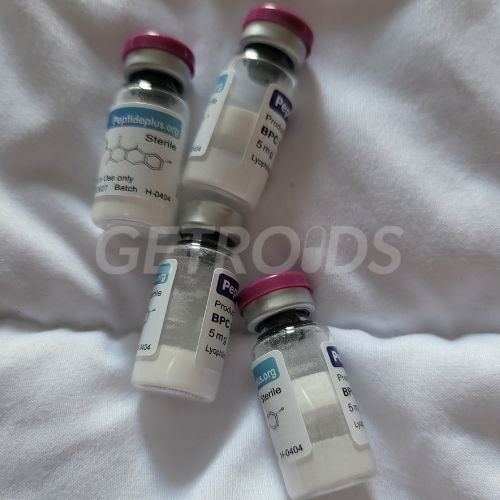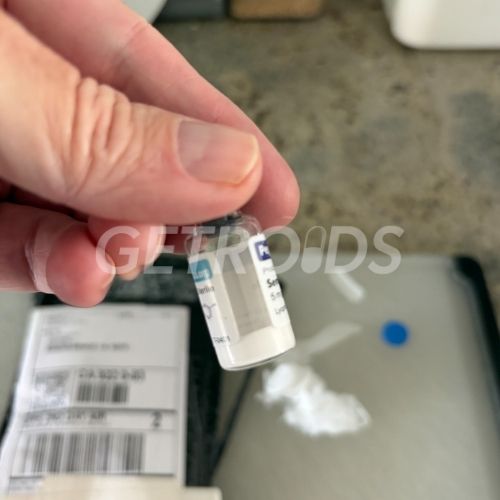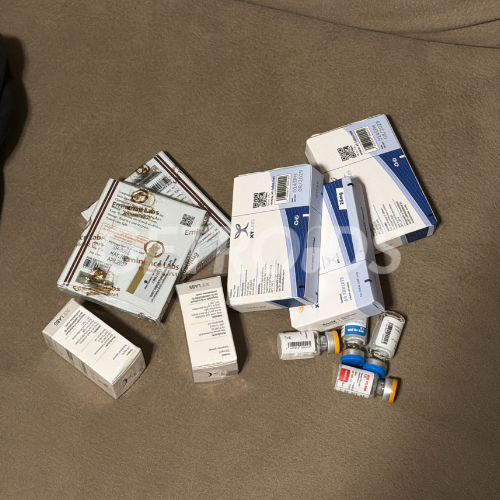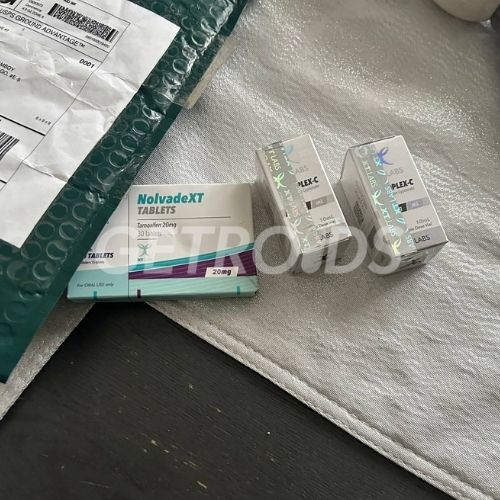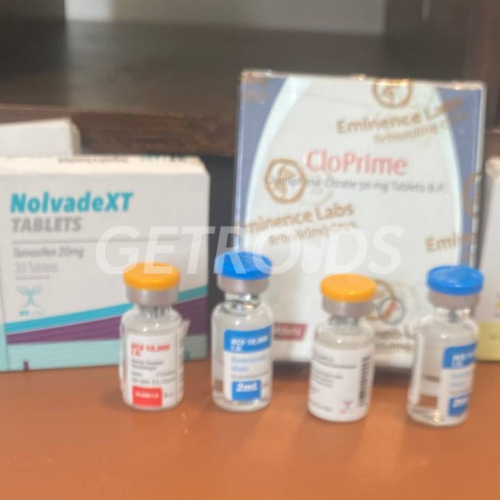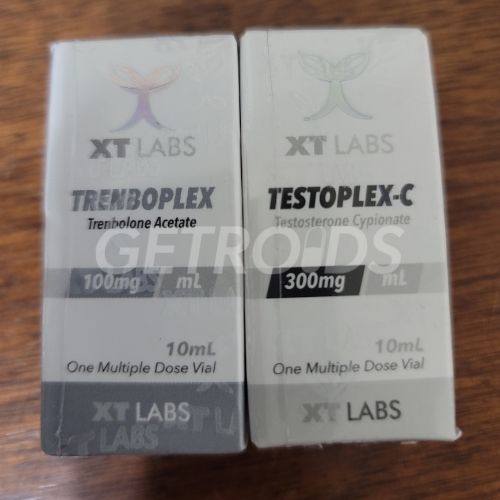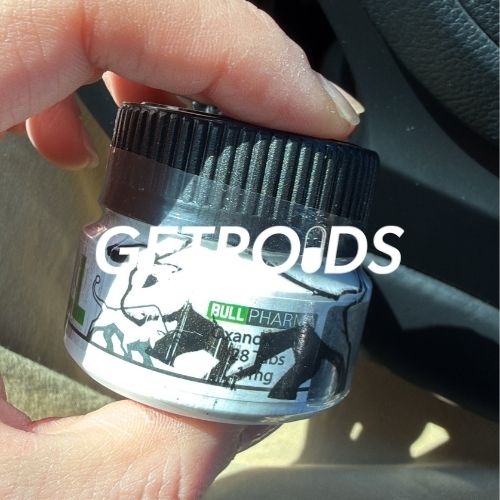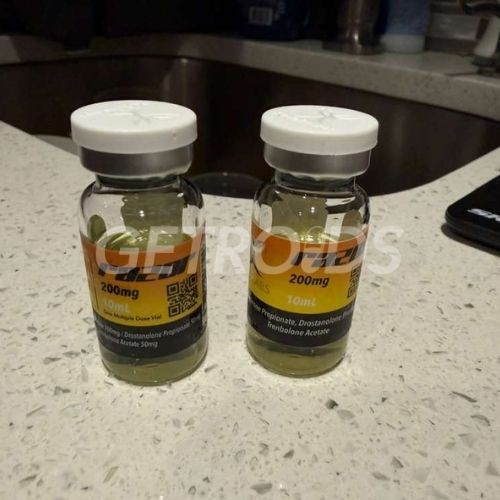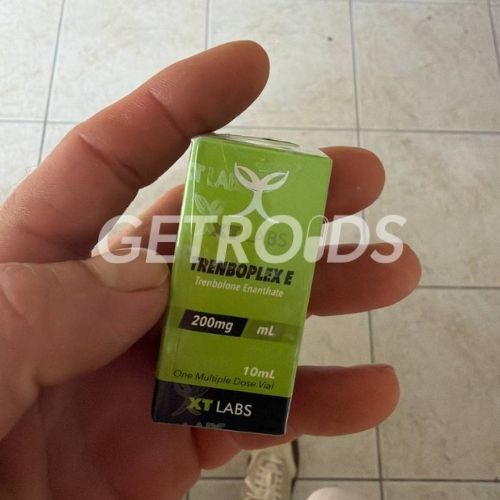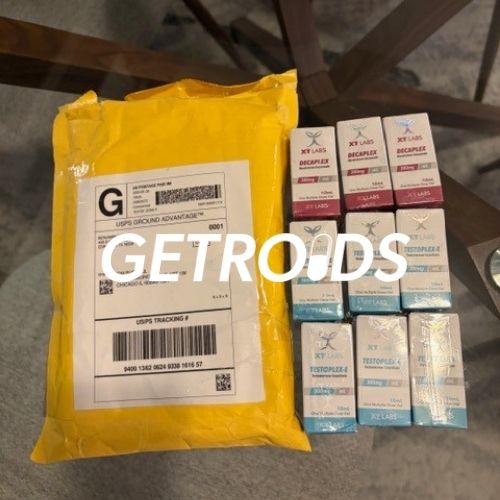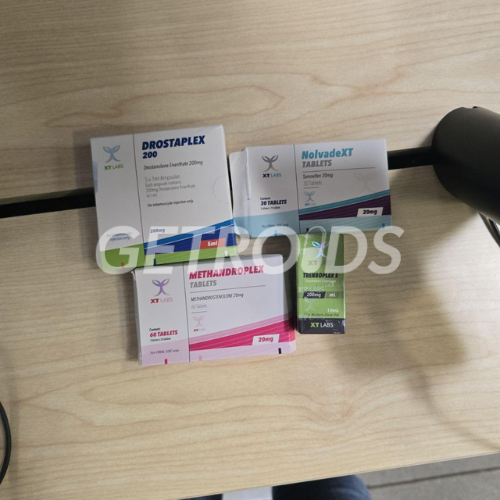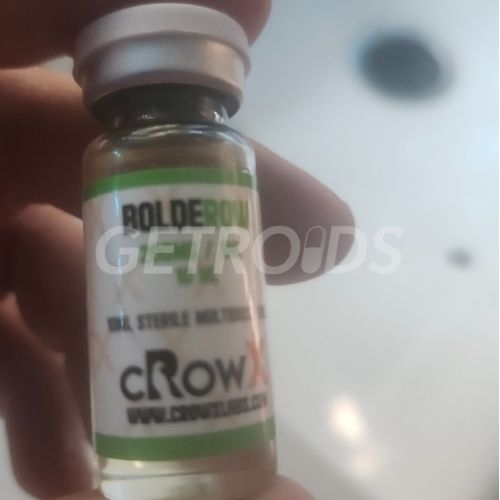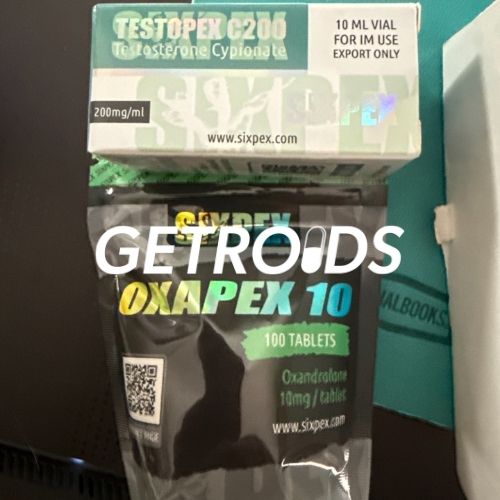Injectable Steroids Legal Status: USA, Canada, EU & Beyond
Think injectable steroids are just about sports scandals? Think again. These powerful drugs play a crucial role in medicine but navigating their legal status around the globe can be tricky. In some countries, they're regulated as tightly as narcotics, while in others, you might find them on a pharmacy shelf. Understanding where they're legal, under what conditions, and for whom is not just interesting—it's essential for athletes, patients, and health professionals alike. This blog will walk you through the complex legal landscape so you can make informed decisions and understand the rules wherever you are.
Legal Status of Injectable Steroids in the United States
In the United States, the legal landscape for injectable steroids can be a confusing maze. While some might think of these substances as simply performance boosters, the law sees them under a much stricter lens. Understanding this complexity is crucial for anyone considering their use or distribution.
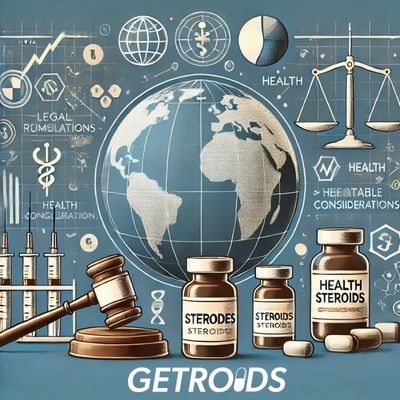
Controlled Substances Act
Injectable steroids are classified as Schedule III controlled substances under the Controlled Substances Act. What does this mean? Simply put, these substances are recognized as having potential for abuse, which makes their distribution and use tightly controlled. Possessing steroids without a prescription is illegal, and the distribution of steroids without a proper license or prescription can lead to severe legal consequences. This classification doesn't just paint steroids with a broad brush; it firmly places a legal boundary on their use, ensuring that medical oversight is mandatory.
Variations by State
While the Controlled Substances Act provides a federal baseline, individual states have the power to implement stricter laws. For instance:
- California has specific penalties that focus on possession with the intent to distribute.
- Texas enforces enhanced penalties for those caught with significant quantities of steroids.
- New York has unique laws targeting the trafficking of steroids, even for personal use.
These variations mean that what might be a minor offense in one state could be a serious crime in another. It's essential to be aware of the specific laws in your state to avoid unexpected legal problems.
Penalties for Illegal Use
The potential penalties for illegal use or trafficking of injectable steroids can be quite severe. Generally, the consequences can include:
- Fines: Often starting in the thousands, fines can escalate based on the number of offenses.
- Imprisonment: First-time offenders might face up to a year in prison, while repeat offenders could see significantly longer sentences.
- Probation: Even if prison time isn't part of the sentence, probation with strict guidelines and conditions is common.
Moreover, the consequences extend beyond legal penalties. A criminal record can impact employment opportunities and, in some cases, one's eligibility for certain professional licenses.
Understanding these legalities helps individuals make informed decisions, sidestepping the risk of severe repercussions. In a country where laws differ not just nationally but at the state level, knowledge truly is power.
Legal Framework in Canada
Understanding the legal landscape surrounding injectable steroids in Canada can feel like navigating a labyrinth. The rules here are distinct and carry serious consequences for non-compliance. Let’s break down the main areas: classification of steroids, prescription requirements, and import/export laws.
Controlled Drugs and Substances Act
In Canada, anabolic steroids are classified under the Controlled Drugs and Substances Act (CDSA). This classification means that steroids are treated seriously, like other controlled substances. If someone is caught with steroids without a prescription, it can lead to hefty fines or even jail time. It's crucial for anyone dealing with these substances to understand the legal framework and the potential penalties involved.
- Classification as Schedule IV Drugs: Anabolic steroids are placed under Schedule IV. This means they are recognized for medical use but are also monitored strictly to prevent misuse.
- Legal Requirements: Possessing steroids without a valid prescription from a licensed healthcare provider can result in criminal charges. This reinforces the importance of adhering to legal channels for obtaining such substances.
Prescription Regulations
Getting steroids legally in Canada requires navigating a strict prescription process. Unlike over-the-counter medications, steroids need approval from a medical professional. Why? Because they're powerful and can have significant health impacts.
- Consultation with a Doctor: A healthcare provider must evaluate your medical needs. They look for legitimate reasons to prescribe steroids, like treating certain medical conditions.
- Following Medical Guidelines: Once prescribed, steroids should be used precisely as directed by the doctor. This ensures both safety and legal compliance.
Import and Export Laws
Transporting steroids across Canadian borders introduces another layer of complexity. The law isn't just a series of constraints but also includes nuances that can trap the unwary traveler.
- Importation Requirements: Bringing steroids into Canada without proper documentation is illegal. Individuals must prove they have a valid prescription for personal use.
- Exporting Considerations: Similarly, taking steroids out of Canada must be done with caution. Travelers should ensure compliance with both Canadian regulations and the laws of the destination country.
So, what's the takeaway here? If you're dealing in or with steroids in Canada, understanding and adhering to these laws isn't just advisable—it's essential. Stay informed, consult with professionals, and always follow legal processes to avoid unnecessary trouble.
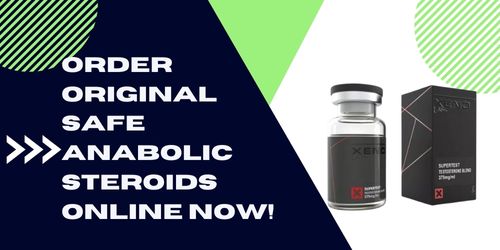
LEGIT ANABOLIC STEROID SOURCE
European Union Regulations on Injectable Steroids
When it comes to the use of injectable steroids, the rules in the European Union (EU) can feel like navigating a maze. While the EU sets some broad guidelines, each country stitches its own rules into this regulatory quilt. It's kind of like when you have a group project, and everyone has their own ideas on how to get the job done. Let's dive into the different threads of this complex web of regulations.
General EU Policies
First off, what does the EU say as a whole? Well, the EU doesn't lay out specific laws just for steroids. Instead, it uses general directives on medicines, which include the Medicines Directive and the Customs Code. These directives set the tone by controlling the import, export, and safety standards for all medicines, including steroids. Imagine them as the central referee in a soccer match, making sure every country's individual rules still align with the big picture.
- Medicines Directive: This directive ensures that any medicine sold, which includes injectable steroids, meets safety and quality standards. It's like the EU saying, "You can play, but follow the ground rules."
- Customs Code: Aimed at preventing illegal import and export, this code tackles the movement of steroids across borders. Think of it as border police checking everyone's passport.
Country-Specific Laws
When you zoom in on individual countries, you'll notice each has its own flavor of rules, much like a potluck dinner where everyone brings their unique dish.
- United Kingdom: In the UK, possessing injectable steroids for personal use is legal, but selling them isn't. It's like having a secret stash of candy – you can eat it yourself, but sharing is against the rules.
- Germany: Germany considers steroids as prescription-only medication. This means you need a doctor's note to get your hands on them. No note, no steroids—just like needing that hall pass to leave class.
- France: France takes a stricter approach, categorizing steroids as controlled substances. Having steroids without a prescription can land you in hot water, similar to not having a ticket on the subway.
Regulatory Bodies Involved
Across the EU, several key players ensure that steroid regulations are followed. Picture these institutions as the watchful lifeguards at a busy swimming pool, each keeping an eye on different parts of the water.
- European Medicines Agency (EMA): The EMA is a major player, setting standards for the approval and distribution of medical products across Europe. It's like the big manager overseeing all the lifeguards.
- National Health Authorities: Each country has its own body, such as the UK's MHRA or Germany's BfArM, that enforces these rules locally. They're like individual lifeguards focused on their specific pools.
These regulations might sound complex, but they play a critical role in maintaining health and safety. Understanding these rules can help you make informed decisions if you're ever dealing with injectable steroids in the EU. The key takeaway here is that while the EU provides the overarching framework, each country fine-tunes the specifics – kind of like how a band plays the same song, but each musician brings their own style to the music.
Legal Aspects of Injectable Steroids in Australia and New Zealand
Navigating the legal landscape of injectable steroids can feel like walking a tightrope, especially when it varies so much from country to country. Australia and New Zealand offer unique perspectives on how these substances are controlled. In this section, we'll take a closer look at the laws and regulations in these two countries, focusing on how they classify these substances, legal enforcement, and the potential consequences for breaking the rules.
Anabolic Steroid Control Act (Australia)
In Australia, steroids aren't just gym supplements; they are considered a serious legal matter. Under the Anabolic Steroid Control Act, injectable steroids are classified as Schedule 4 substances. This means they are prescription-only medications. Getting caught with steroids without a valid prescription can land you in hot water.
Consequences for steroid possession can be severe, including:
- Legal Penalties: You could face fines up to thousands of dollars.
- Imprisonment: In some cases, possession can lead to jail time.
- Criminal Record: A conviction may leave you with a criminal record, which affects future employment and travel.
These penalties aim to deter misuse and protect public health. It's crucial to be aware of these ramifications and to understand that buying or using steroids without a doctor's oversight is taken seriously.
New Zealand's Classification
Across the Tasman Sea, New Zealand also keeps a tight grip on steroid control. Here, anabolic steroids fall under the Misuse of Drugs Act. Steroids are classified as "controlled drugs." This classification means that they are illegal to possess without a prescription.
New Zealand's approach focuses on medical use, where steroids can legally be prescribed for certain health conditions. Medical professionals should be the only guides when considering steroids, highlighting their purpose as medicines rather than performance enhancers.
Medical Use Considerations:
- Strict Guidelines: Prescriptions are only issued when absolutely necessary.
- Health Monitoring: Doctors must monitor patients to avoid misuse or health risks.
These measures reinforce the idea that any steroid use should align with health needs, not just fitness goals.
Enforcement and Legal Consequences
Enforcement of steroid laws in both Australia and New Zealand is robust. Law enforcement agencies actively monitor the illegal trade and misuse of steroids. They work with customs to intercept shipments and patrol gyms and communities for illegal usage.
If you're thinking, "What happens if someone breaks the law?" consider these points:
- Immediate Arrest: If caught, individuals can be arrested on the spot.
- Court Appearances: Offenders will likely face court proceedings.
- Rehabilitation Programs: In some cases, individuals might be required to enter rehabilitation programs or drug counseling.
These steps are designed not only to punish but also to educate and rehabilitate, emphasizing the importance of abiding by the laws that govern these substances.
Understanding the legal approach to injectable steroids in Australia and New Zealand is crucial for anyone dealing with these substances. The ramifications extend beyond mere possession, affecting personal freedom and future opportunities. Always ensure you're informed and compliant with local laws.
Legal Status in Asian Countries
When it comes to injectable steroids, Asia presents a colorful tapestry of laws and regulations. Each country has its unique stance, reflecting a blend of cultural norms and governmental priorities. Let's explore how Japan, China, and India approach the legalities of these substances.
Japan's Regulations
In Japan, the legal scene for steroids is quite strict. Possessing and using steroids without a prescription is illegal. Importing them from overseas? That's heavily regulated too. Even if you’re just passing through with them in your luggage, the law doesn’t look the other way. For personal import, an individual can face penalties, which might include fines or even jail time.
Japanese authorities maintain a tight grip on these substances because of the health implications and potential for abuse. Over-the-counter acquisition is a no-go, and the black market thrives in shadows due to these restrictions. Those caught may find themselves in a legal quagmire, facing consequences that could significantly impact their lives.
China's Approach to Steroids
China's perspective on steroids is notably different. While the production of anabolic steroids for export is significant—making China a major global supplier—their internal regulations are quite stringent. Selling, buying, or possessing steroids without proper authorization can lead to severe penalties.
The government employs regulatory measures to curb internal distribution, often focusing on significant crackdowns involving manufacturers or dealers. Simple possession can lead to criminal charges, and being involved with larger quantities is considered a severe offense, often leading to substantial prison sentences. The legal environment in China reflects a zero-tolerance policy towards illegal drug use and distribution, aiming to curb any misuse and protect public health.
Regulations in India
India displays a more complex regulatory environment. Injectable steroids fall under prescription drugs, but the enforcement of these laws can be inconsistent. While you need a doctor's prescription to legally obtain and use steroids, enforcement varies, leading to a significant number of steroids sold without prescriptions, particularly in smaller towns and cities.
Challenges in enforcement arise due to limited resources and a sprawling population. The underground market benefits from these gaps, offering steroids without the hassles of legal prescriptions. However, the Indian government is increasingly looking to tighten its grip, with proposed measures to enhance regulatory oversight. For individuals, navigating this landscape can be confusing, as legal repercussions can vary widely based on location and enforcement rigors.
In summary, each of these Asian countries has a distinctive approach to regulating injectable steroids. Understanding these differences can offer insights into the broader legal landscape surrounding these substances globally.
Global Trends and Challenges
The legal landscape of injectable steroids is like a patchwork quilt, woven together by different countries' regulations. Each piece of the quilt has its own design, colors, and patterns, representing the unique laws and challenges faced across the globe. Let's take a closer look at these trends and hurdles shaping the worldwide conversation around injectable steroids.
Increasing Regulation and Enforcement
Around the world, countries are tightening the reins on steroid use. Many governments are stepping up their game to tackle the issue, aiming for tighter controls and enforcement to curb illegal distribution and misuse.
- Stringent Laws: Countries like the United States and Canada have classified many steroids as controlled substances, making it illegal to use or distribute them without a prescription.
- Customs Crackdown: There's a growing trend of customs and border securities ramping up their inspections to catch illegal imports.
- Stiff Penalties: Some nations are introducing harsher penalties to send a clear message: breaking these laws will not be tolerated.
It's like governments are putting up a global "no trespassing" sign to shield their citizens from the potential harm of unregulated steroid use.
The Role of Anti-Doping Agencies
When it comes to sports, anti-doping agencies are the sheriffs in town, keeping a watchful eye over athletes and their use of performance-enhancing substances. Global sports bodies have a massive influence on how steroids are perceived and regulated.
- Rules and Tests: Organizations like the World Anti-Doping Agency (WADA) set strict rules and conduct rigorous testing to ensure fair play.
- Influencing Laws: Their guidelines often inspire national laws, pushing governments to adopt similar rules to maintain integrity in sports.
- International Collaboration: Anti-doping agencies work across borders, sharing information and strategies to fight steroid abuse efficiently.
With their presence, these agencies shape not just sports, but also the legal frameworks around steroid use globally.
Public Health Implications
The regulations around injectable steroids don't just impact laws—they're also a big deal for public health. Here’s how:
- Safety Nets: Stricter controls mean safer usage. By regulating steroids, countries aim to prevent misuse and protect people from health risks.
- Access to Information: Legal regulations often come with educational efforts, helping the public understand the dangers of unsupervised use.
- Healthcare Burden: When misuse leads to health issues, it strains healthcare systems. Strong laws aim to curb this by reducing instances of abuse.
Think of it like a community fence, designed to keep everyone safe while allowing those who need it to walk through the gate with proper guidance.
Exploring the trends and challenges in the regulation of injectable steroids reveals a dynamic mix of efforts and obstacles. As countries navigate this complex landscape, the balance between control and accessibility remains a pivotal focal point.
Conclusion
Navigating the legal landscape of injectable steroids across different countries can feel overwhelming, yet understanding these regulations is crucial. Laws vary significantly, impacting personal and professional choices, especially for athletes and healthcare providers.
Engaging with the legalities ensures compliance and helps avoid potential pitfalls. Staying informed not only safeguards health and well-being but also promotes a responsible approach to steroid use.
Have you checked the steroid laws in your country? It's worth your time. Share your thoughts or experiences and let's explore this topic together.
Thanks for reading. Your insights are valuable and welcome here. Feel free to share!
Customer Reviews
Discover real user experiences and explore our products.



























